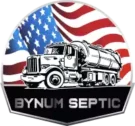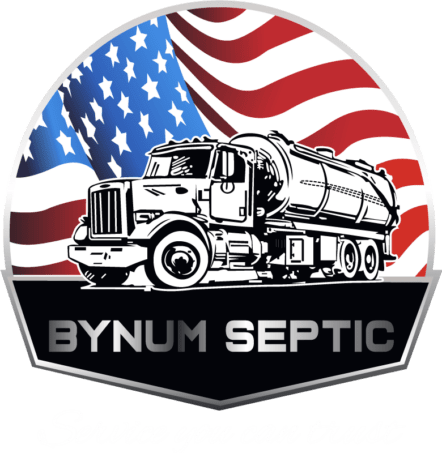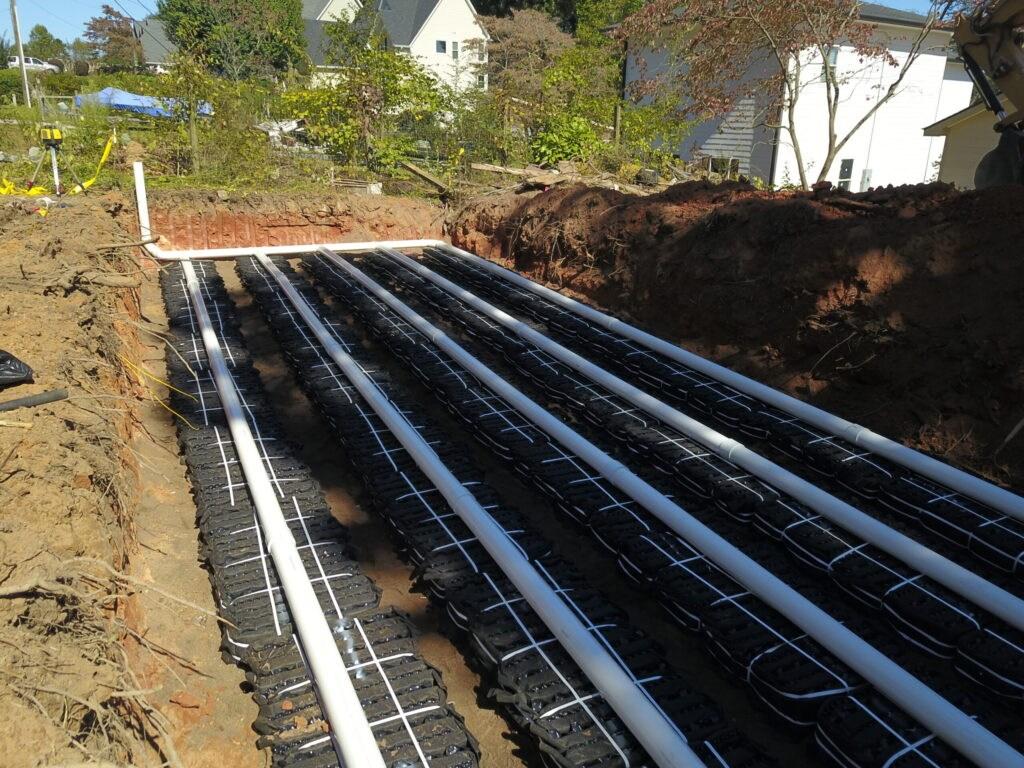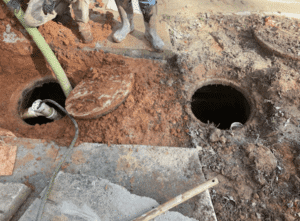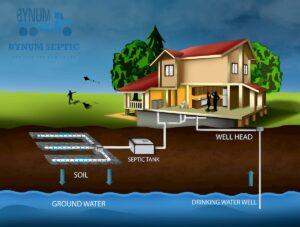Many homeowners in Georgia have septic tanks, yet they know little about the system that keeps their homes safe and sanitary. But without the proper knowledge, how will you know what to do when a major issue comes up with your septic system? That’s why we’re here to inform you of the most frequently asked questions we receive about septic tank repair, installation, and maintenance. Learn about keeping your septic tank in great shape by reading below!
Our Most Frequently Asked Septic Questions
Are there certain things I shouldn’t put down the drain?
Before pouring just anything down the drain, stop and think for a moment about the contents. Materials that don’t decompose easily can harm the healthy bacteria in your septic system that keeps it running as it should. Avoid putting substances like these down your drain:
- Grease (Examples: Butter, Wax, Cheese, Heavy Cream)
- Liquid Wastes (Examples: Pesticides, Household Cleaners, Paint, Paint Thinner)
- Oils
- Coffee Grounds
- Feminine Hygiene Products
- Baby Wipes
Does using my garbage disposal impact my septic system?
Yes, using an in-sink garbage disposal can impact the health of your septic system and how frequently you need to schedule a septic tank pumping. Food waste takes longer to decompose in your septic tank, meaning it may cause excess scum and sludge to accumulate along the bottom. If your septic tank can’t process this quickly enough, it could push these solids into the drain field or clog pipes, creating a major issue for your home.
We recommend disposing of most food in the trash and limiting garbage disposal use. If you use your garbage disposal frequently, schedule a septic tank pumping every one and a half to two years.
Why is septic tank maintenance important?
Regular septic tank pumping and cleaning are crucial for preventing unsanitary conditions in your home. If you neglect your septic system for more than five years, you could face sewage backup in your drains, foul odors permeating your home, or even an overflow in your drain field. To ensure your home remains sanitary and your family safe, it’s essential to schedule a septic tank pumping every three to five years.
Does limiting my water use help my septic system?
Yes, not overloading your septic system with too much water keeps it from backing up or your drain field from overflowing. We recommend staggering your water use, meaning don’t use the washing machine, dishwater, and shower at the same time. Investing in energy-efficient washing machines and dishwashers is also a good idea to curb excess water use.
How long does a septic system last?
The lifespan of a septic system depends on many factors, including its design, the material quality, how well it was installed, and if you’ve maintained it over the years. Septic systems are also made of several elements, each with a different lifespan. But generally, we see:
- Septic tanks last 30-50 years (especially concrete varieties).
- Septic pumps and controls last 10-20 years.
- Drain fields last 25-30 years.
To ensure you get the best lifespan out of our septic system, keep up with regular pumpings every 3-5 years and have your system inspected every 1-2 years. Also, be on the lookout for any odd behavior from your septic system, including foul odors, sewage backup, or pooling water over the drain field, which could each be a sign you need septic tank repair or replacement.
What are the signs I need septic system repair?
Septic systems are vital to keeping your home sanitary and clean for your family, so you must take notice when something is off. The most common issues homeowners see as an early sign of septic system failure include:
- Sewage backup in your toilet or drains
- Slow-draining toilets, showers, or sinks
- Gurgling sounds in your plumbing system
- Standing water over your drain field
- Sewage odors around your septic tank or drain field
- Bright green grass over your drain field
If you notice any of the above issues in or around your home, call for professional assistance. We offer emergency septic tank repair to solve the problem before it creates a disaster.
How do I get a permit for septic tank installation?
Obtaining a septic tank installation permit involves working with local permitting authorities, such as health or environmental departments. You can apply for the permit yourself or enlist the services of a professional septic contractor who can handle the process on your behalf, including submitting the necessary paperwork.
Do You Have More Questions About Septic Systems?
Do you have questions about your septic system that we didn’t answer? Contact Bynum Septic for help with all your septic needs! We’ve been installing, repairing, servicing, and pumping septic tanks in Lawrenceville, Lilburn, and the surrounding areas for many years, so we have the knowledge and experience to guarantee a great outcome for your home. Give us a call to answer any questions you have or to schedule service!
